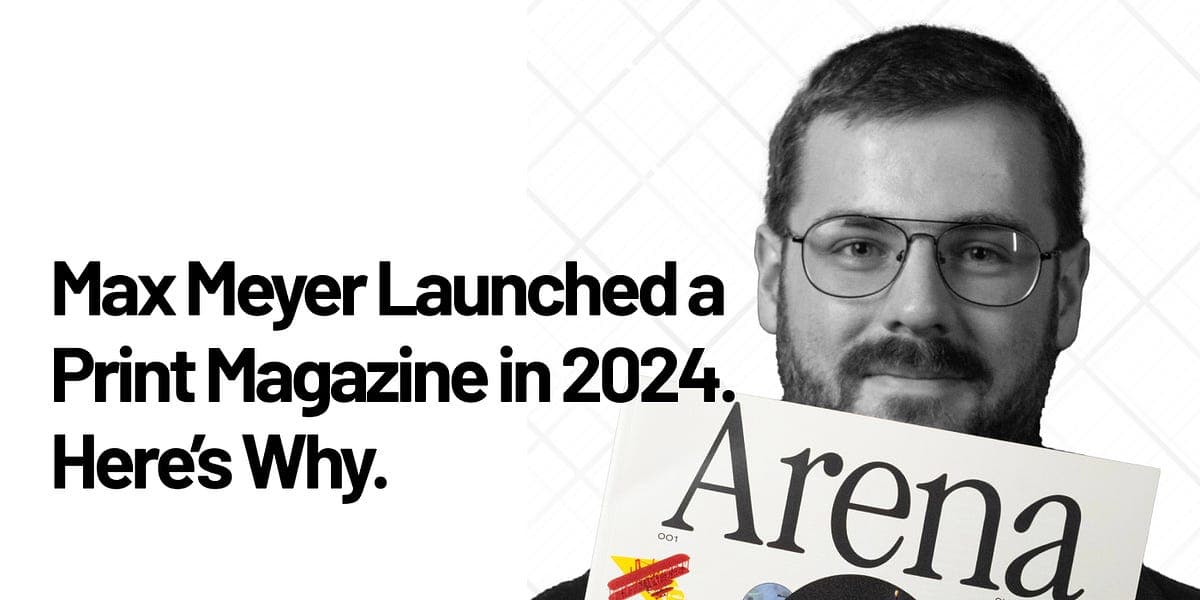Maxwell Meyer Champions American Progress, Outcome-Oriented Governance, and Capitalism's Core Tenets

Jackson Dahl recently engaged in a wide-ranging conversation with Maxwell Meyer, founder and editor of Arena Magazine, delving into the foundational elements of American greatness and strategies for future advancement. The discussion, as detailed by Dahl, explored "the big and small ways America is great and how we might continue to push it forward," encompassing American ideology, technology's cultural impact, and core economic principles. The conversation aimed to provide a holistic view of American potential.
Meyer leads Arena Magazine (@arenamagdotcom), a print and digital publication launched in 2024, which is dedicated to spotlighting "ambitious technologists and builders." The magazine's core philosophy, articulated by Meyer, is that "the new needs friends," a motto inspired by the film Ratatouille and emphasizing the importance of supporting innovation against skepticism. Arena aims to actively counter prevalent negative media narratives by focusing on stories of progress, technology, and the positive aspects of capitalism.
A significant aspect of their conversation centered on the application of private sector principles to public governance. Meyer suggested that "government can learn from outcome-oriented engineering culture," drawing parallels with Silicon Valley's results-driven approach to problem-solving. This perspective advocates for a more efficient and effective methodology within governmental operations, focusing on tangible results rather than bureaucratic processes. Meyer, who also works with Joe Lonsdale at 8VC, often discusses the importance of this cultural shift.
The dialogue also touched upon the fundamental underpinnings of capitalism, a system Meyer frequently champions. He emphasized a crucial premise: "you can't kill your counter party." This highlights capitalism's reliance on voluntary exchange, mutual benefit, and the absence of coercion, distinguishing it from other economic systems. This principle, Meyer argues, is central to its enduring success and ability to foster innovation.
Further topics in the comprehensive exchange included the evolving role of Silicon Valley and technology in American culture, the craft of writing and creating "beautiful objects," and Meyer's profound affection for his country. The full transcript and related links were made available, offering deeper insights into Meyer's vision for American progress and the role of builders in shaping the nation's future.